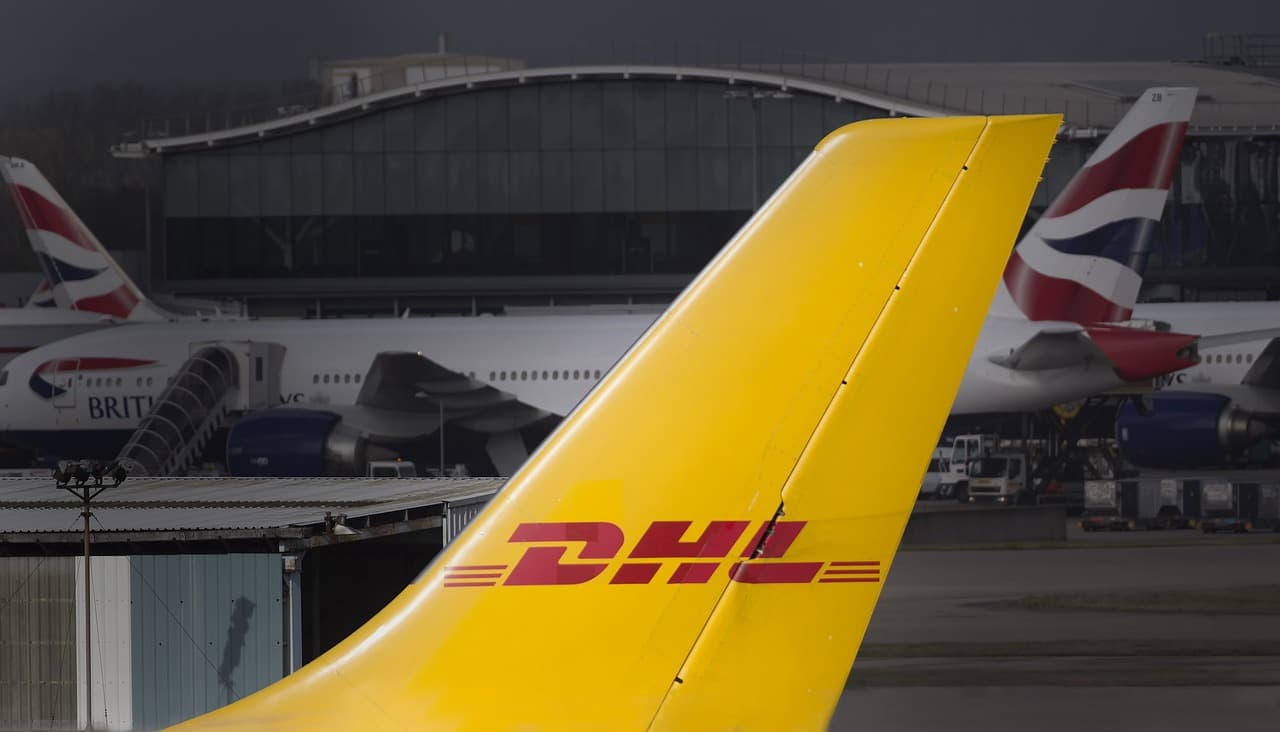Data: the key to recognizing and preventing hybrid attacks
Following the crash of a DHL cargo plane in Lithuania, German Foreign Minister Annalena Baerbock expresses concerns about a possible “hybrid incident."
Published on November 26, 2024

Team IO+ selects and features the most important news stories on innovation and technology, carefully curated by our editors.
Following the crash of a DHL cargo plane in Lithuania, German Foreign Minister Annalena Baerbock expresses concerns about a possible “hybrid incident. Indeed, the crash comes after recent warnings about sabotage of DHL cargo flights in Europe, in which explosive packages were discovered in Leipzig and Birmingham. While there is no direct evidence yet of sabotage in the Vilnius crash, Western security services have long had concerns about increasing hybrid threats against critical infrastructure. New AI-driven detection systems and tightened security measures are now being accelerated to prevent sabotage.
The rise of hybrid attacks
Hybrid attacks, a combination of conventional and unconventional warfare, are a growing concern for many countries. These attacks target not only physical infrastructure, such as pipelines and transportation networks, but also digital and economic systems. The recent incidents in Europe in which explosive packages were discovered in DHL cargo containers highlight the need to be prepared for such attacks. Western security services have identified hybrid warfare as a tactic widely used by state actors such as Russia, accused of involvement in infrastructure sabotage and disinformation campaigns. It is critical that countries adapt their defense strategies to deal with these complex threats.
Data analytics as a defensive measure
In light of these threats, data analytics is playing an increasingly important role in detecting and preventing attacks. By analyzing large amounts of data, patterns and anomalies can be identified that indicate potential threats. For example, by monitoring network traffic, anomalies can be quickly detected, which helps identify cyber attacks before they can do damage. This approach is also applicable to physical security, such as using AI to detect suspicious package movement in cargo traffic. The recent incidents of parcel fires in Leipzig and Birmingham underscore the need for such proactive measures.
The role of AI in modern security strategies
AI technologies are becoming increasingly sophisticated and play a crucial role in modern security strategies. For example, generative AI can be used to model and predict threats, allowing security agencies to intervene earlier. This is particularly useful in the context of hybrid attacks, where speed and precision are essential. AI can also be used to automatically identify and respond to threats, reducing the burden on human operators. An example of this is the use of AI to analyze radar images of ship traffic in the North Sea, which helps identify anomalous patterns that may indicate espionage activity.
International cooperation and information sharing
International cooperation is essential in combating hybrid threats. NATO and the European Union have already taken steps to strengthen their cooperation on hybrid warfare. By exchanging information and best practices, countries can develop more effective strategies to prevent attacks. Only by acting together can they respond effectively to increasingly complex threats. Recent warnings of cargo flight sabotage demonstrate the importance of countries being able to quickly share relevant information to thwart potential attacks, such as the threat of explosive packages in air traffic.
Future challenges and opportunities
The threat of hybrid attacks is expected to continue to grow as technologies evolve. This presents both challenges and opportunities for security agencies. On the one hand, they must adapt to new attack techniques and learn to deal with the complexity of hybrid warfare. On the other hand, emerging technologies, such as AI and big data analytics, offer powerful tools to address these threats. It is vital that governments and companies continue to invest in these technologies to strengthen their defenses and ensure the security of their infrastructure and citizens. By staying ahead in technological innovations, countries can be better prepared to meet the challenges of the future.
